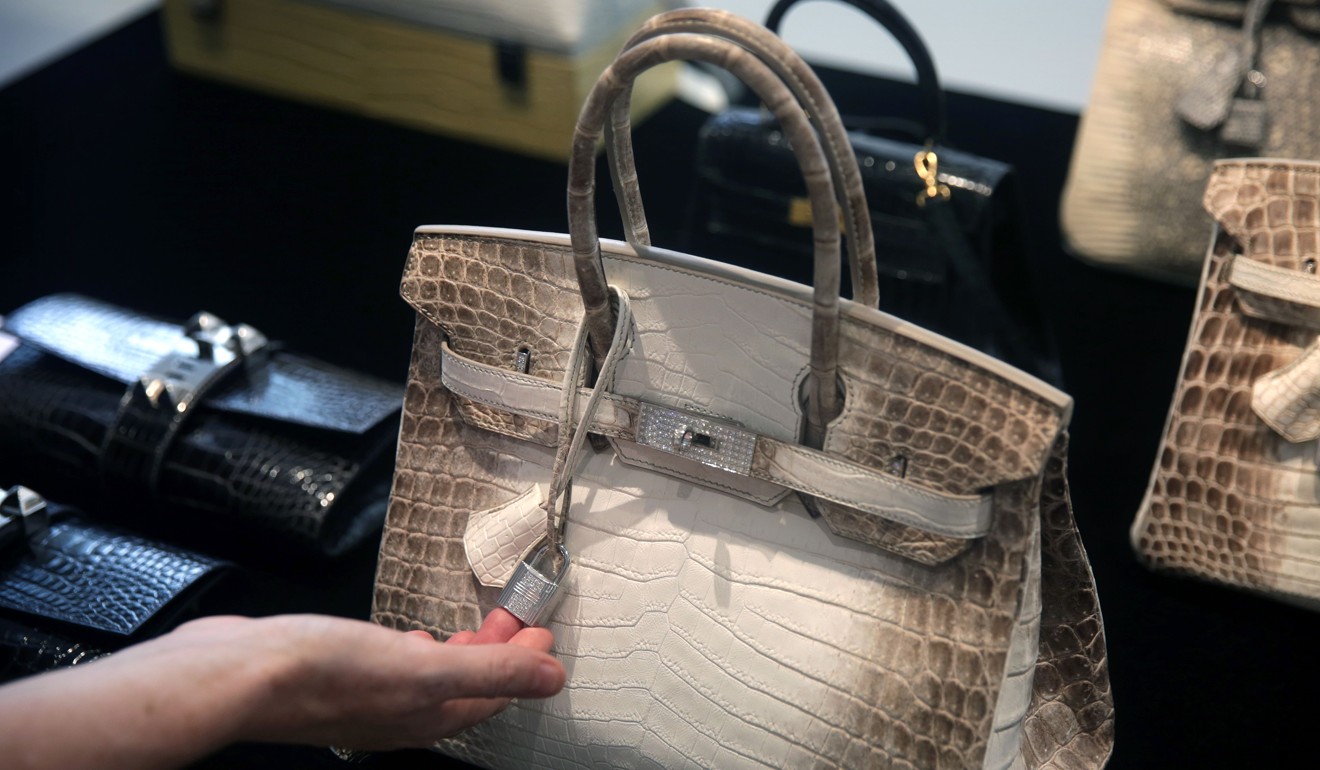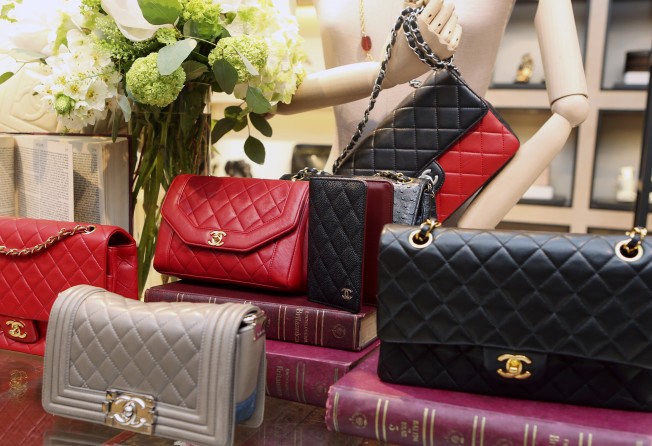
Follow me: Luxury brands turn to social media to connect with customers
Social media, previously seen as too mass market, has become an increasingly important marketing tool for luxury brands

Luxury brands are increasingly turning to social media in an effort to stay engaged with consumers as well as create new revenue streams, according to a top Facebook executive.
“Generally speaking, the biggest luxury brands are normally the last to innovate – but some of our best work has come from Hermès, Rolex, Porsche, LVMH, Gucci and Chanel as a way to directly connect with customers,” Matt Jacobson, head of market development at Facebook, told the South China Morning Post in an interview on Tuesday during a visit to Hong Kong.
Jacobson, who was the eighth employee to join Facebook, said the risk for luxury brands in using social media is that they will allow themselves to become too “commodified.”
“This idea of brands connecting [more] directly with consumers – that’s a powerful trend,” he said.
“As platforms move to commodify everything, luxury brands need to maintain a high level of customer service, amid a level of aspiration that doesn’t exist for other products.”
Jacobson’s comments come at a tough period for luxury brands and retailers alike, both in Hong Kong and elsewhere.

PricewaterhouseCoopers said in a recent report on the state of the luxury goods sector that the market in Asia is now slowing “after a significant period of China-led growth”.
“The impact of a clampdown on corruption [by the government in Beijing] has been felt, but Chinese luxury buyers are also becoming more sophisticated,” the consultancy said in the report.
In past times, luxury items were often used as gifts by high-ranking Chinese government officials, a practice now firmly stamped out.
Growth in personal luxury sales in Greater China, which includes Hong Kong, Taiwan and Macau, fell from 30 per cent in 2011 to 7 per cent in 2012 and to around 2 per cent in 2013, according to global consultancy Bain & Co.
LVMH, best known for its fashion houses Louis Vuitton and Marc Jacobs, has reported continued slowing sales in China and scaled back its expansion plans as a result. As the market has slowed, more brands have increasingly looked to their online offerings to deepen customer engagement.
Historically, the prevalence of fakes has led to a degree of caution in buying luxury goods online in Asia. However, the opening of more official online stores has improved customers’ willingness to buy online, PricewaterhouseCoopers said.
Jacobson pointed to Tina Craig, who runs the popular fashion blog ‘Bag Snob’, as an example of luxury brands using social media well.
Craig has pioneered the use of partnerships with brands, such as Cartier and Alexander Wang, through her social media platforms, which now have a combined reach of almost two million people.
“She’s an influencer, collaborator and designer,” Jacobson said. But despite the definite shift towards online, he was also sure retail stores would continue to play an important role for luxury brand sales.
Luxury goods firms themselves admit they were late to the game when it came to adopting a digital approach, but said they now saw it as complementary.
“In the past, the marketing budgets across our brands were dedicated to glossy magazines,” Vispi Patel, India group director for LVMH, told a panel discussion at Retail Congress Asia Pacific in Hong Kong on Tuesday. “We don’t spend even half of what we did [on traditional advertising compared to] five to seven years ago.”
Patel said that LVMH has now adopted an “omnichannel ecosystem”, where the company’s e-commerce offering works alongside the brick and mortar stores.
“Each of our brands have their own databases,” Patel said. “We use that for recruitment of new customers and we tailor for our existing customers.”
“A big initiative at Facebook is how to be able to track in-store traffic as well as online traffic,” Facebook’s Jacobson said. “That’s nirvana – getting people to the product whether it is in-store or not.”